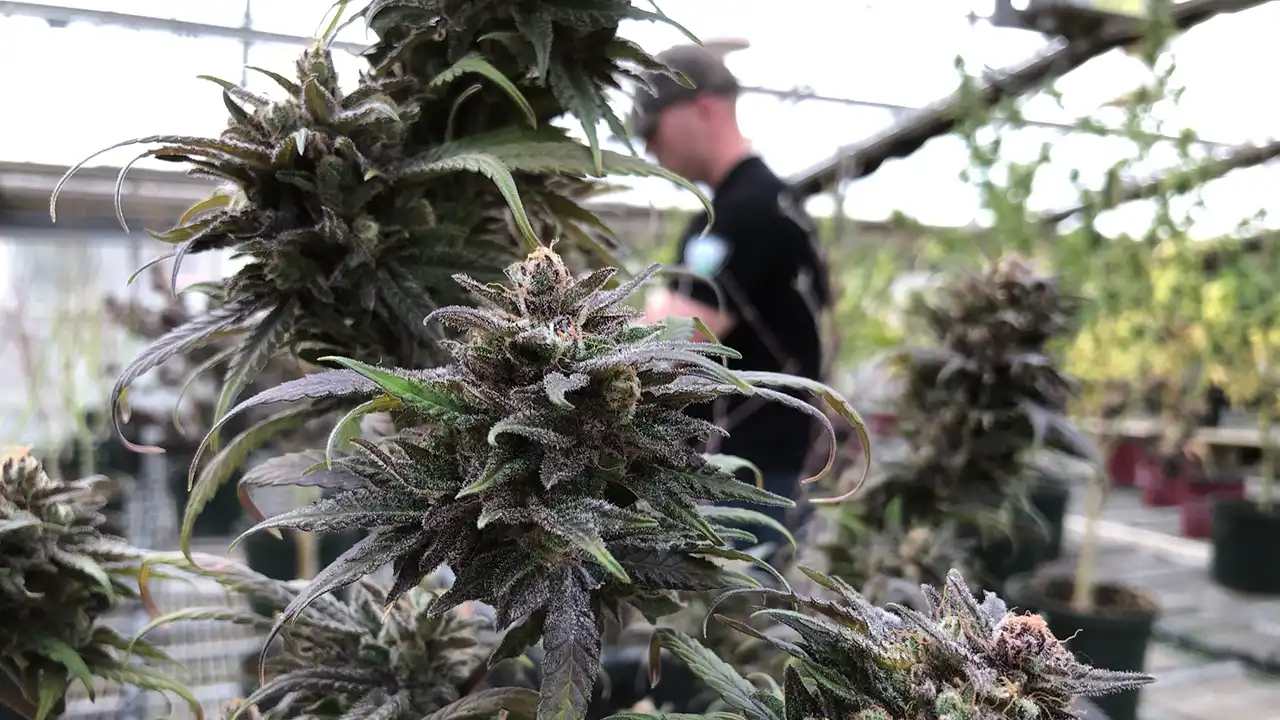
Whether you’re seeking investment, planning to purchase a business or gauging your company’s worth, understanding how to determine fair market value (FMV) is a fundamental aspect of success.
When it comes to FMV in the cannabis industry, there are unique challenges stemming mostly from subjective valuations that require scrutiny and careful consideration.
Different types of subjective valuations occur when purchasing a business or when a bank or lender is lending money.
And when considering the value of distressed assets, business owners often scramble to get the highest valuation in a cloud of market uncertainty.
Some questions to answer regardless of the valuation’s objective:
- What’s the value of owned equipment versus leased equipment?
- What impacts will state and local regulations have on the transfer of licenses to new owners?
- What is the value of an established brand with a strong distribution network?
- What do the liabilities of the company look like?
Understanding fair market value
Fair market value is not a fixed number but, rather, a dynamic assessment of what someone is willing to pay for a business – or how much they might be willing to lend.
To gauge the value accurately, certain analyses must be used that consider external and internal factors that affect market value.
External factors that affect market value
Market timing plays a pivotal role in valuation.
The cannabis industry is susceptible to rapid shifts in market conditions, and businesses should time their valuation efforts strategically to maximize returns.
The perception of marijuana – driven by factors such as legalization at the state level and consumer trends – can significantly impact market value.
Hype and high demand inflate prices, while skepticism leads to reduced valuations.
An efficient supply chain can bolster a company’s value.
Conversely, supply-chain disruptions can not only erode value but also place businesses in distress.
Of course, changes in state and local cannabis regulations can both negatively and positively influence market value.
Companies that both forecast and prepare for changes can command higher valuations when preparing for an exit and save cash on acquisitions if they time the market accordingly.
Internal factors that affect market value
Constant risk assessment for issues such as noncompliance, employee morale and technology deficiencies are essential, as are prudent financial management and transparent financial reporting.
Efficient cost management and low employee turnover demonstrate operational excellence.
Often overlooked components such as strong corporate governance, efficient decision-making processes, accountability and positive company culture also provide real value to a business.
Companies need to have a concise and thorough list of assets, including licensed facilities, real estate, intellectual property and inventory to inform valuations.
Business owners must be realistic when aligning company valuation with market realities.
They must focus on financial management, culture, brand value, standard operating procedures and efficiencies in operation, cost of goods sold, margins and free cash flow.
Companies that consistently remain in compliance and constantly improve workflows will be attractive to investors.
Distressed cannabis business valuations
Valuing a distressed cannabis business can be particularly challenging.
Buyers might expect steep discounts when looking for opportunities they perceive as bargains.
To achieve a realistic assessment that maximizes their valuation, a distressed company – assuming it is compliant and has some runway – should work to optimize business operations immediately.
If they have time, business owners should consider creating a public offering or event to obtain the maximum amount of offers from potential buyers.
Fair market value by best use
This is the value based on the use that would produce the highest value for a property, business and/or license – regardless of its actual current use.
A systematic approach that draws on proven methods used in other industries can be effective in determining this value and getting the most out of what a business has to offer.
Utilize the past decade of industry data, encompassing production costs, cultivation techniques and extraction methods.
Understanding your production capabilities and cash-flow generation is key.
Sellers should be transparent and provide data-driven justifications for their pricing.
Also consider how changing zoning can impact value.
Assess the location’s proximity to customers, logistics, state regulations and license scope.
Analyze the potential to create a competitive edge in the area that can enhance the license’s worth.
Create a comprehensive business model or pro forma that considers license type, location, competition, restrictions and potential distribution channels.
Calculate the true potential of your license based on these variables.
Sellers can utilize tools such as replacement value, comparable value and income analysis to determine the license’s value.
The percentage of value attributed to the license should align with the data and factors considered.
Achieving FMV in the cannabis industry
The days of inflated valuations and outsized equity investments into cannabis businesses are over.
There’s a gap between what companies believe they’re worth and what investors are willing to pay.
To establish FMV in this unique industry, companies must focus on financials, profitability, transparency and operational excellence.
By taking proactive steps and demonstrating a clear path to success, businesses can increase their chances of earning a fair market value that aligns with market realities.
In the dynamic world of cannabis, adaptability and strategic valuation are the keys to success.
Dotan Melech is the CEO of Dallas-based CTrust, a credit rating, scoring and monitoring agency for the cannabis industry. Melech specializes in receivership, business consulting, turnaround, liquidation, bankruptcy and risk management. He can be reached at dym@ctrust.io.
To be considered for publication as a guest columnist, please submit your request here.





